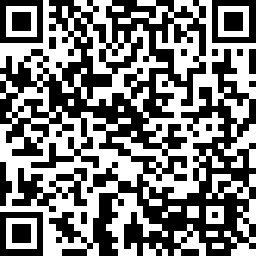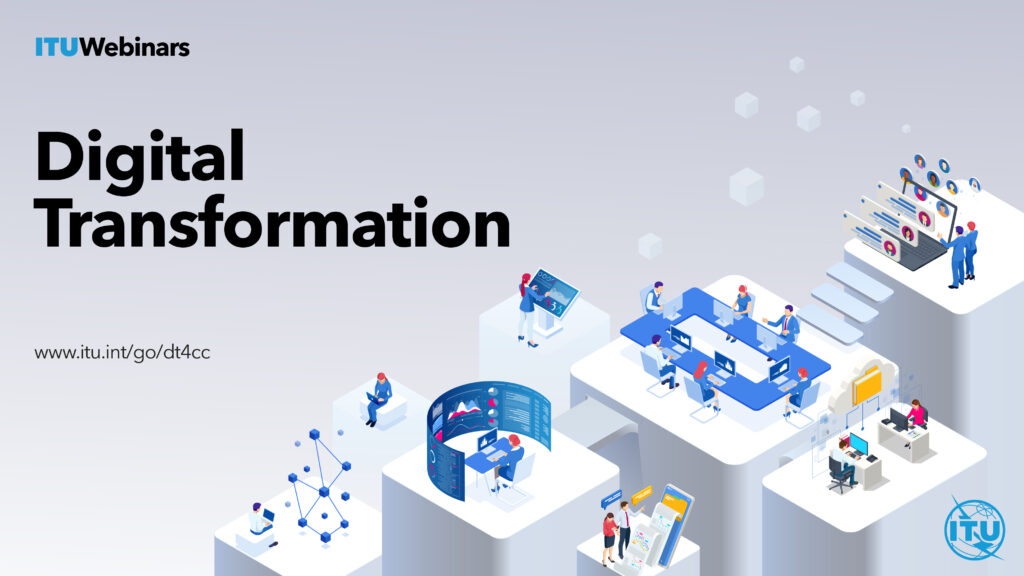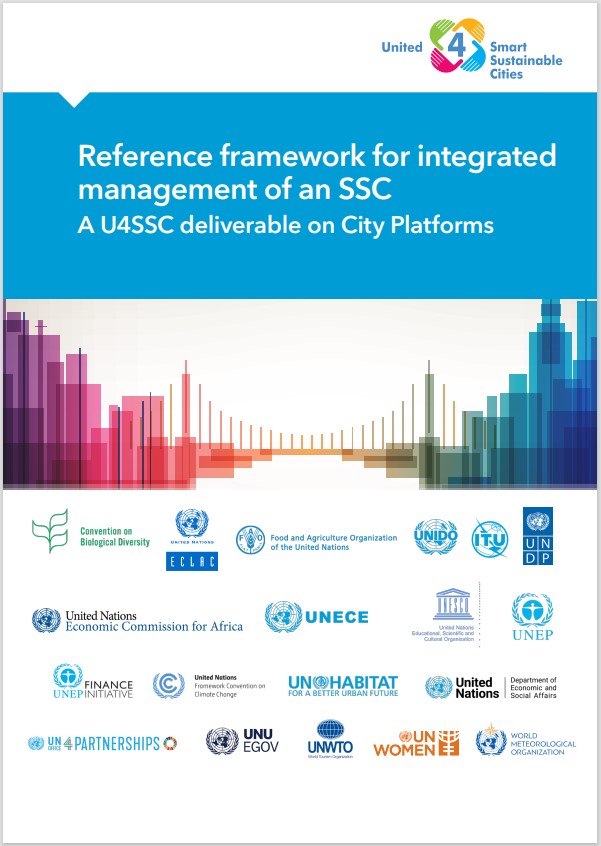| Digital Transformation and Cities Digest |
|
|
Message from Seizo Onoe, Director,
Telecommunication Standardization Bureau, ITU
|
|
Dear colleagues,
These past few months have been full of activities on smart cities and the metaverse as ITU continues to support experts from around the world in accelerating digital transformation.
In this edition of our digest, we share with you the latest outcomes of ITU metaverse meetings in Geneva, Switzerland, and Arusha, Tanzania. as well as the latest outcomes of the ITU-T Study Group 20 meeting, which also took place in Arusha, Tanzania.
As always, we will keep you informed about upcoming ITU activities to highlight opportunities for you to remain fully engage in our work.
I hope you enjoy this digest. If you have any comments or suggestions for its improvement, please send an email to digitaltransformation@itu.int.
Sincerely,

Seizo Onoe,
Director, Telecommunication Standardization Bureau, ITU.
|
| In this issue |
- Outcome of the third Focus Group on metaverse meeting
- ITU-T Study Group 20 activities
- Survey on “Guidance on how to build a metaverse for all”
- Latest digital transformation webinars
- Latest reports and publications
|
|
| Outcome of the third Focus Group on metaverse meeting |
|
The third meeting of the ITU Focus Group on metaverse took place in Geneva, Switzerland, 3-5 October 2023, chaired by Mr Shin-Gak Kang and supported by the ITU secretariat. The meeting was attended by over 250 participants with an objective to continue laying the groundwork for international metaverse standards to help create the metaverse's underlying technology and business ecosystem.
The meeting welcomed 222 input documents and produced 99 output documents. Eight new technical specifications and reports were approved:
The Focus Group also agreed to start nine new work items, including technical specifications and reports on confidence in the metaverse, citiverse definition, industrial metaverse use cases, multimedia aspects of metaverse architecture, women's accessibility to the Web3 economy layer of the metaverse, and metaverse standardization roadmaps and gap analysis. These actions demonstrate the Focus Group's commitment to tackling the complex challenges and opportunities presented by the evolving metaverse.
The Focus Group on metaverse is calling on experts to join its nine Working Groups and particularly the newly created Task Group on metaverse tourism and Task Group on industrial metaverse. This is a great opportunity to get involved at an early stage and help shape the work of these transformative groups.
Participation in the Focus Group is open to any interested stakeholder willing to contribute. Experts with diverse backgrounds from government, industry, academia, and civil society interested in playing a part in developing a metaverse standardization roadmap are encouraged to subscribe and join the mailing list of a relevant Working Group or Task Group:.
- Working Group 1 - General
- Task Group - pre-standardization for the citiverse
- Working Group 2 - Applications & Services
- Task Group - metaverse tourism
- Task Group - industrial metaverse
- Working Group 3 - Architecture & Infrastructure
- Working Group 4 - Virtual/Real World Integration
- Working Group 5 - Interoperability
- Working Group 6 - Security, Data & Personally Identifiable Information (PII) Protection
- Working Group 7- Economic, Regulatory & Competition Aspects
- Working Group 8 - Sustainability, Accessibility & Inclusion
- Working Group 9 - Collaboration
For more details about the meeting, see the final report. For the group's latest workplan, structure and list of planned deliverables, see the workplan webpage.
|
| ITU-T Study Group 20 “IoT and Smart Cities & Communities” activities |
|
The most recent meeting took place in Arusha, Tanzania, 13-22 September 2023. The meeting reviewed the progress of the group's work and latest contributions from experts on topics ranging from the interworking of autonomous urban delivery robots to digital twin federation in smart cities and communities.
The meeting received 117 contributions and approved two ITU standards:
- Y.4223, Common requirements and capabilities of smart cities and communities from IoT and ICT perspectives
- Y.4604, Metadata for camera sensing information of autonomous mobile IoT devices
The meeting also achieved first-stage approval ("consent") of another 12 standards, including a series of standards related to digital twin and blockchain:
- ITU-T Y.4224, Requirements for digital twin federation in smart cities and communities
- ITU-T Y.4489, Reference architecture of digital twin federation in smart cities and communities
- ITU-T Y.4605, Information exchange model for digital twin federation in smart cities and communities
- ITU-T Y.4491, Framework of blockchain-based self-organization networking in IoT environments
- ITU-T Y.4492, Decentralized IoT communication architecture based on information centric networking and blockchain
Further details are available in the executive summary and meeting report. Furthermore, the 28th meeting of the Joint Coordination Activity on Internet of Things and Smart Cities and Communities took place on 12 September 2023 and the outcomes of the meeting can be found here.
A series of promotion and training activities were held as part of the ITU-T Study Group 20 meeting. These included the newcomer training session delivered as part of the ITU Bridging the Standardization Gap programme, which provided new delegates with a comprehensive introduction to ITU working methods and procedures, as well as a special session of the ITU Focus Group on metaverse and the 3rd ITU forum on cities and the metaverse: shaping a citiverse.
A series of ITU-T Study Group 20 meetings and e-meetings will take place over the remainder of 2023 and throughout 2024, with the next in-person meeting planned to take place in 2024 in Geneva.
|
| Survey on “Guidance on how to build a metaverse for all” |
|
The ITU Focus Group on metaverse, under its Working Group 8 on Sustainability, Accessibility, and Inclusion, has launched a survey on "Guidance on how to build a metaverse for all". This initiative seeks to offer a comprehensive understanding of the current state of metaverse development, identify key challenges that hinder the achievement of equity, accessibility, and inclusivity within the metaverse, and propose potential roadmaps towards constructing a metaverse that benefits all individuals. Feedback on your needs and expectations in relation to the metaverse from a user-centric approach is invaluable. The survey will only take 15 minutes of your time. Click here to complete the survey or scan the QR code below.

|
| Latest Digital Transformation webinars |
|
The latest webinars in ITU's series of digital transformation webinars focused on a range of digital transformation topics.

Episode #33: Disaster risk reduction in the digital transformation age: Leveraging emerging technologies highlighted the role of digital technologies in strengthening disaster risk reduction. On the occasion of the International Day for Disaster Risk Reduction, leading experts within the field of disaster management shared their expertise on decision-making for disaster risk reduction strategies through the adoption of technologies such as AI, IoT, digital twin and the metaverse. This webinar was organized together with World Meteorological Organization (WMO) and United Nations Convention to Combat Desertification (UNCCD).
Episode #32: “Fashioning” the Metaverse to Accelerate Digital Transformation: What has gone out of style looked at digital transformation in the fashion industry. With the rise of consumer power, the fashion industry is now increasingly seeking to leverage frontier technologies in areas such as the metaverse to comprehend customer behaviour, respond to market trends and tailor their retail information. In this quest, brands are also aiming to capitalize on the growing interest in immersive digital experiences enabled by the metaverse for shopping, while also adopting sustainable procurement chains for their products. The webinar, organized together with the International Metaverse Council, provided insights on how the fashion industry is now embracing the metaverse to improve existing business and retail processes and customer experiences across their value chains.
Episode #31: Digital Tourism: Enhancing Experiences and Streamlining Services through Emerging Technologies focused on the concept of digital tourism, which aims to improve travel efficiency, the quality of life enjoyed by inhabitants, and overall tourist experiences. This panel, in recognition of World Tourism Day, discussed the impact of digital transformation on the tourism industry, highlighting the use of AI, IoT, and VR technologies to create responsive and adaptive environments that cater to travellers’ needs. These technologies can enable personalized services, such as tailored hotel and airline bookings, language interpretation, destination navigation, and baggage handling. The webinar aimed to explore the potential of emerging technologies in transforming the tourism landscape and fostering a dialogue on how cities can strategically implement these innovations to create more engaging and efficient travel experiences.
Episode #30: The Impact of Generative AI in Urban Environments: Balancing Benefits and Challenges delved into the potential city applications of generative AI tools such as ChatGPT, particularly within public-sector offices and the health sector. The discussion emphasized the technology's ability to reduce waiting times for information exchange and cater to research-based queries. However, the panel also acknowledged the need for further testing in medical emergencies and addressing concerns about misinformation and plagiarism in the education sector. The webinar's exploration of the increasing use of generative AI in cities included discussion on how to maintain ethical and transparency standards across various sectors.
Episode #29: Promoting Healthy Aging Through Digital Technologies discussed the latest ITU initiatives and resources dedicated to healthy aging in the digital world, including the Thematic Report on "Ageing in the Digital World from Vulnerable to Valuable" and the joint WHO PAHO report "The Decade of Healthy Aging in the Americas: situation and challenges". This webinar, organized together with Pan American Health Organization (PAHO), highlighted the role of data-enabled technologies, AI, smart wearables, and IoT in promoting self-reliance, health monitoring, and timely alerts for emergencies among older adults. The panel stressed the importance of digital accessibility standards and universal design principles in creating digital environments friendly to people of all ages.
To subscribe for upcoming webinars and to view recordings of past events visit the Digital Transformation webinar series webpage.
|
| Latest Reports and Publications |
|
Guide for Smart and Sustainable City leaders: Envisioning Sustainable Digital Transformation
This report identifies a broad set of relevant elements constituting digital transformation, while underscoring the organizational capabilities and guidance for the development of smart and sustainable cities through an eight-step cycle – revolving around smart city vision setting, the implementation of international standards, and the monitoring of smart city progress. This report is based on the Supplement 32 to ITU-T Y.4000 series – Smart sustainable cities – A guide for city leaders. To read or download a copy, click here. |

|
Enabling digital transformation in smart sustainable cities – Master plan
This report aims to provide urban stakeholders, including municipalities, with a general overview of the stages and standards needed to drive digital transformation in smart sustainable cities. It provides a guide for the implementation of the smart sustainable city (SSC) concept based on the intensive use of emerging digital technologies. It also refers the reader to relevant standards and publications addressing the specific technical aspects involved in the design and overall operation of SSC and digital transformation strategies. To read or download a copy, click here. |

|
|
Reference framework for integrated management of a
Smart Sustainable City
This framework supports cities in identifying strategic, operational, and connectivity needs for integrated smart sustainable city management. It covers basic principles, critical success factors, risks, and a high-level methodology for urban digital infrastructure implementation. It also addresses transformation elements, and city needs to assess digital transformation and fulfil inhabitants' demands while adhering to regulatory requirements. To read or download a copy, visit the U4SSC website.
To access these and other ITU publications on a range of digital transformation topics such as smart cities and the metaverse visit our publications webpage.
|

|
|
|
|
|
|